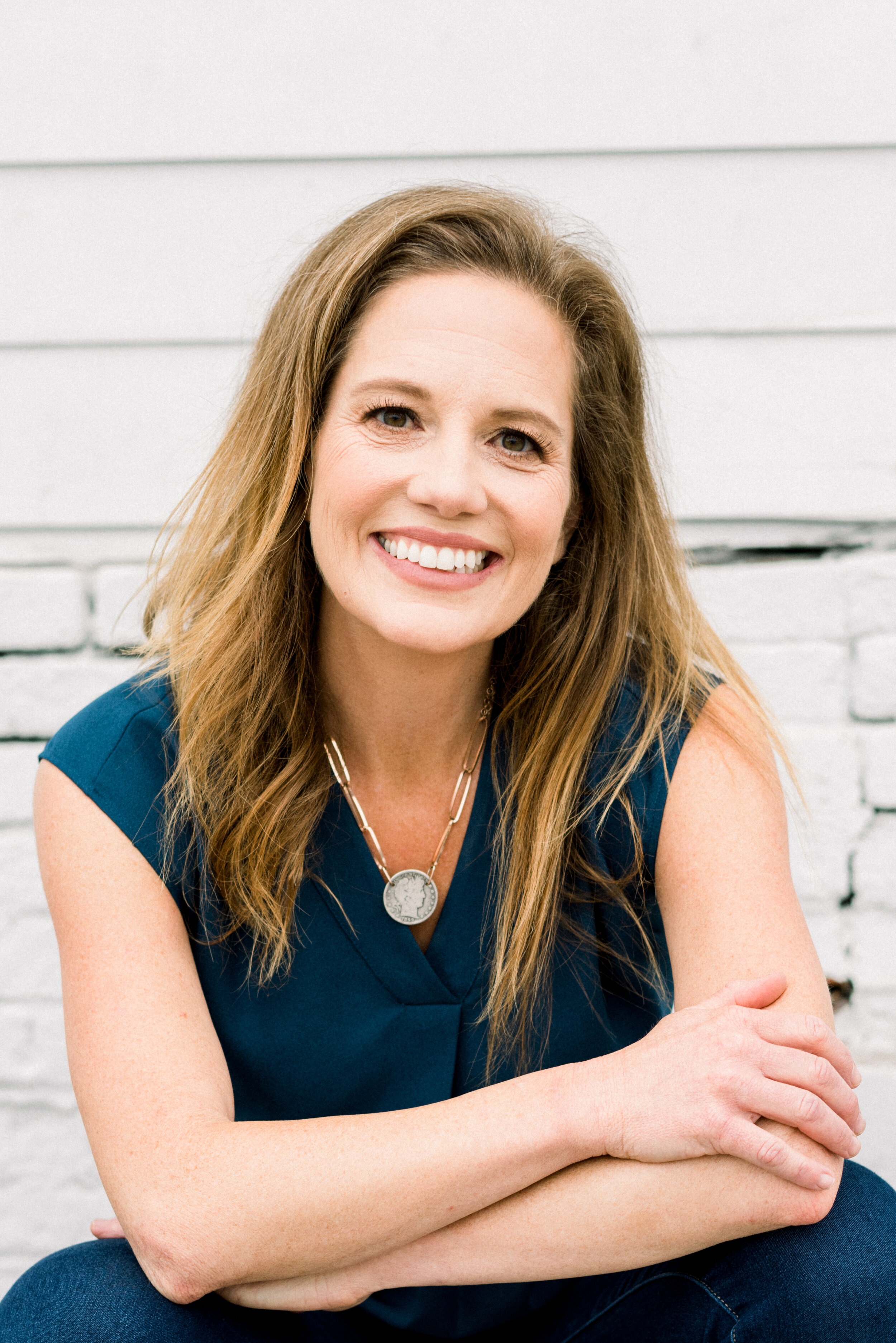The stories we tell ourselves are powerful. Go for a walk. If you think about how nobody cleans up after their dogs, you will see dog poop everywhere you go. Conversely, if you think about how friendly and kind your neighbors are, you will be greeted with smiles and see proof that it’s true.
This is not an endorsement for toxic positivity. There is always dog poop sometimes. However, when it comes to the pivotal pieces of your life, you can focus on where people let you down or you can focus on where people show up. You will see what you are looking for. Beautiful and amazing things exist in life and so does pain. Looking for the beauty does not erase or minimize the pain. We all have to walk through the pain sometimes too. And at the same time, the stories we tell ourselves wield power that we often don’t recognize.
A recent example in my office: a client looking at their partner’s struggles and inability to show up when they first had kids as proof that they are alone and unsupported in their marriage. This story is crippling and paves the path away from connection and straight toward divorce. However, this client’s partner is working hard to address their shortcomings and mental health issues in a way that doesn’t always happen. This could also support a narrative that their partner loves them so much they are wiling to do whatever it takes to show up for their family. The narrative this client focuses on could very well change their life and their families’ lives forever.
I’m not suggesting that you ignore pain. It is important to recognize pain. I learned this the hard way. Ignoring and suppressing pain kept me in a very painful marriage for a very long time. Acknowledging the pain and the meaning in the pain can also impact our narratives profoundly. But even painful narratives can shift dramatically depending on how we frame them. For example, ‘I was hurt and betrayed by my husband and went through a painful divorce’ feels very different from ‘I learned incredible lessons about my life and my self through a painful marriage and feel empowered to live a happier, more meaningful life moving forward as a result and I am deeply grateful for that.’
The story changes everything.
What stories are you telling yourself?

